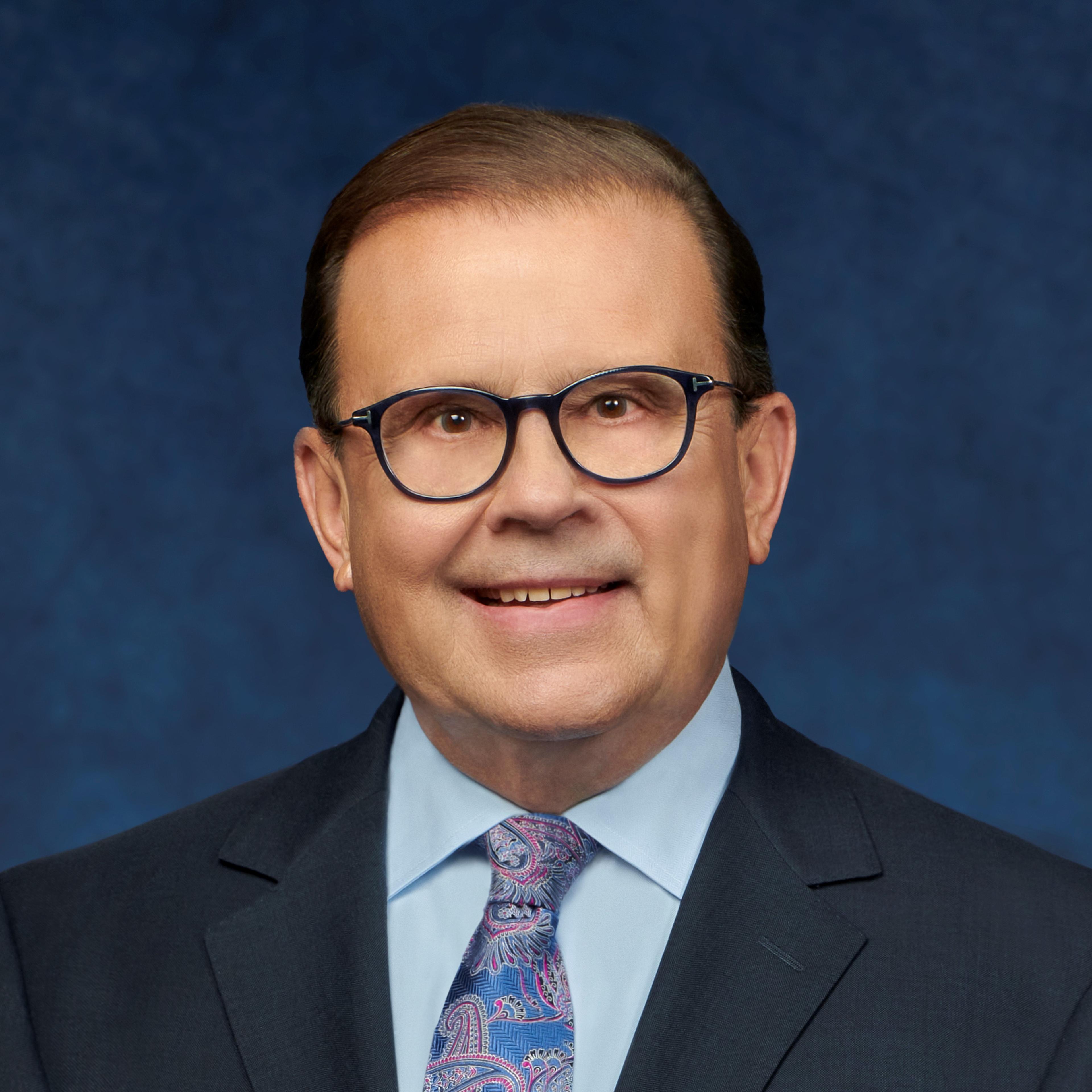Blue Cross CEO: It Is Always Okay to Ask for Help

Daniel J. Loepp
| 3 min read
Daniel J. Loepp is the former President and Chief Ex...

The challenges caused by the COVID-19 pandemic, health disparities and racial injustice are staggering personally and as a community, but not insurmountable. Our lives have changed in many ways. The current environment makes it important now more than ever that mental health is part of our conversation; that includes awareness of the risk factors and warning signs of suicide — which, upsettingly, is a growing trend. Many are struggling. Lost jobs, increased stress due to changing family circumstances and loneliness caused by social isolation are taking their toll. Others have lost loved ones suddenly and unexpectedly without being able to say goodbye in familiar ways and with a lack of in-person support. And many of us are reeling from racial inequities including access to health care and unconscious bias. Mental health experts warn we could be in a perfect storm when it comes to an increased risk of suicide related to the pandemic and its effects. Data confirms our rising distress:
- In late June, 40% of U.S. adults reported struggling with mental health or substance use, according to the Centers for Disease Control and Prevention.
- Nearly 11% said they’d seriously considered suicide in the 30 days prior to the survey — that’s about twice as many people reporting suicidal ideation than was recorded for adults in 2018.
- One in four Americans ages 18-24 years said they've considered suicide in the past month because of the pandemic, according to the CDC survey.
Today is the beginning of National Suicide Prevention Awareness Month, and I want to stress: It is always okay to ask for help.I also urge you to know the warning signs of suicide: talking about wanting to die; feeling hopeless or having no purpose; unwillingness to seek help; increased use of alcohol or drugs; sleeping too little or too much; and giving away belongings. Call 1-800-273-TALK if you or someone you know is considering suicide. Suicidal thoughts and mental health conditions can affect anyone — regardless of age, gender or background; so, we must be mindful of our own mental health and alert of our friends, family and neighbors. Suicide is often associated with mental health disorders, but research from the CDC shows that more than half of people who died by suicide did not have a known mental health condition. There’s no one cause of suicide. It’s a complex issue that is often the result of feelings of hopelessness and despair. If you’re in crisis, the National Suicide Prevention Lifeline is available 24/7 at 1-800-273-8255. These resources are also available:
- If you’re a Blue Cross Blue Shield of Michigan or Blue Care Network member, many mental health services are covered through your plan.
- Blue Cross is also offering a free crisis hotline for emotional support for members and non-members at 833-848-1764.
- Weekly Blue Cross® Virtual Well-Being member webinars explore helpful topics such as mindfulness, healthy eating, exercise and more.
- The state of Michigan and Headspace are also offering “Stay Home, Stay Mindful”, a website with free mental health resources.
Again, I implore us all to never be afraid to ask for help. Let’s all commit to do everything we can to keep each other safe and healthy. Photo credit: People Images





